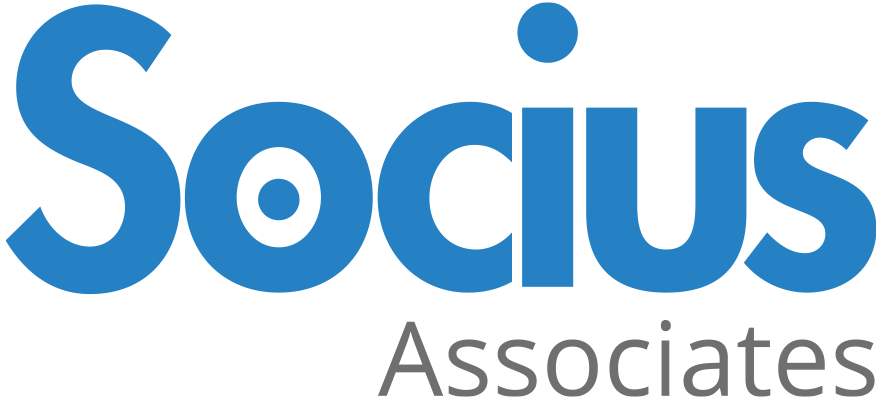Books for coaching clients
Coaching clients sometimes ask me to recommend books or articles for them to deepen their learning and exploration triggered by our coaching sessions.
Books and other good reads for coaching clients
Here are some of the reads I’ve recently recommended to coaching clients.
Counselling for Toads, by Robert de Board (1998)
The title of this book always needs explaining. Coaching is not counselling, as coaches will ensure they convey clearly to their clients, so this choice might seem a little odd.
I recommended this particular book to a client the other day after our session turned to Transactional Analysis, and the client was interested to understand the theory better. Counselling for Toads is a lovely tale based on the much-loved book The Wind in the Willows by Kenneth Grahame. It takes the reader through the basics of Transactional Analysis by tellling Toad’s story of mental turmoil and self-discovery.
Changing on the Job, by Jennifer Garvey Berger (2012)
Coach and academic researcher Berger bridges the gap between adult development theory and coaching theory with this very accessible book. Its subtitle, Developing Leaders for a Complex World explains the focus of this particular book.
The reason I have recommended this book to some of my clients is that many of them come to coaching to develop and expand their leadership, and often overlook a key aspect of leadership: the leader’s mental complexity must be a good match for the demands of their role. Discovering where this is and isn’t the case – and this can be uncovered with some precision in coaching sessions – can be the catalyst for real and lasting development.
Co-active coaching by Henry Kimsey-House, Karen Kimsey-House, Philip Sandahl and Laura Whitworth (1998)
This has to be one of the best books for managers and leaders with a genuine interest in developing their own coaching skills further, and so I’ve recommended this book to coaching clients more than once.
The Co-active Coaching model sets out clear roles for coach and coachee, which is especially useful for managers whose style tends to be more directive. The book provides understandable tools and techniques to use which help the coach-manager ‘stay’ in their role as coach and gain the active involvement of the report they are working with.
In the hands of the right manager at the right time this book has the potential to live up to its subtitle: Changing Business, Changing Lives.
The Inner Game of Work – W. Timothy Gallwey (2001)
A book with real value for people who know they are in the right job in the right place, and at the same time find it hard to be motivated at work. It takes the reader through steps and techniques to uncover what it was that led them into the role or profession in the first place, and re-connect with the beliefs and values where this connection has somehow been lost over time.
As the subtitle suggests, Gallwey’s aim is to bring back Focus, Learning, Pleasure and Mobility in the Workplace.
Fish! by Hary Paul, Stephen C Lundin, and John Christensen (1998)
Now this book was devoured by everyone in a high-performing team I was once part of when a high-profile deadline was looming and key stakeholders were actively resisting the changes we were designing. Apart from cheering us up with its amusing take on work, there were some exceptionally useful lessons to be learned about how despite our commitment we were undermining ourselves in certain situations through our own mindset and behaviour.
It’s a book I recommend to the leader who feels they are up against a demotivated team, and who knows they are right to insist the team should be the opposite. A real selling point is also that this book is a quick and entertaining read for the harried manager who is interested in finding A Remarkable Way to boost Morale and Improve Results.
Psyblog by Jeremy Dean
No list of books and good reads for coaching clients would be complete without a mention of a blog of course.
Psyblog by Dr Jeremy Dean is the one blog I follow which I have recommended to a client, who was interested in psychology and wanted to have understandable, applicable ‘translations’ of the latest scientfic insights into the mind. Dean is also the author of the book Making Habits, Breaking Habits, for those who prefer to get stuck in with a ‘proper’ book instead.





